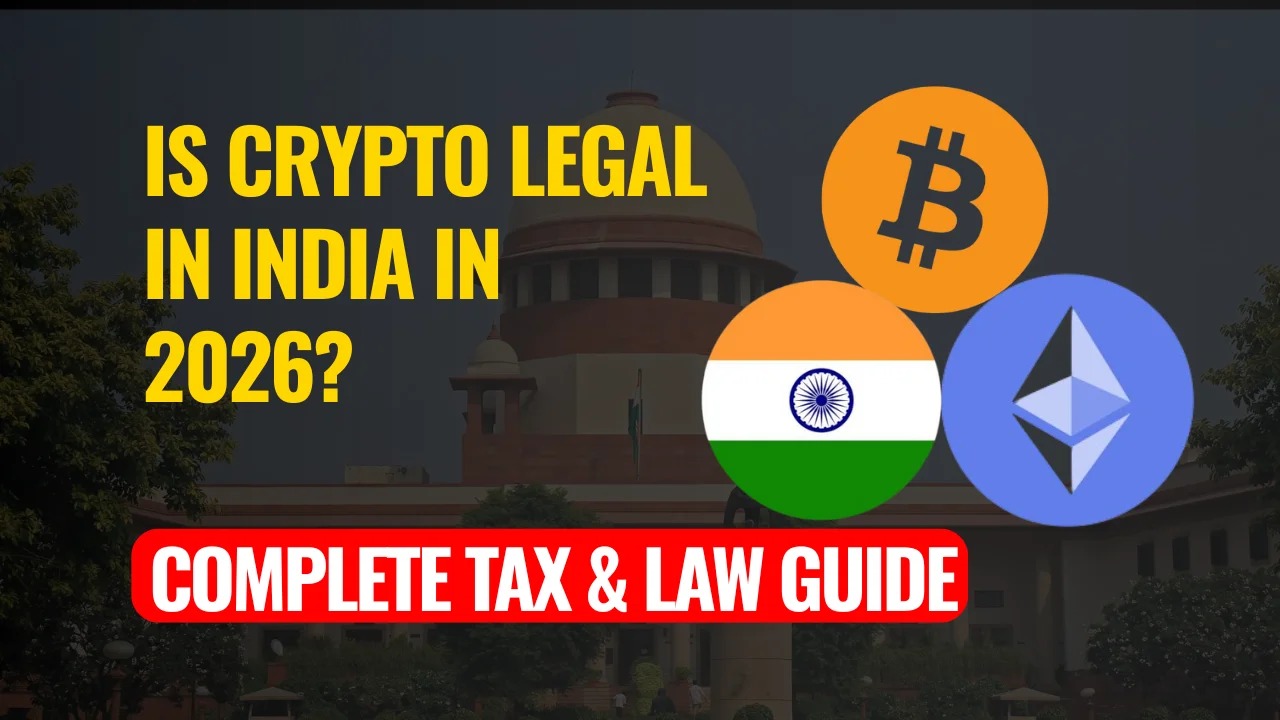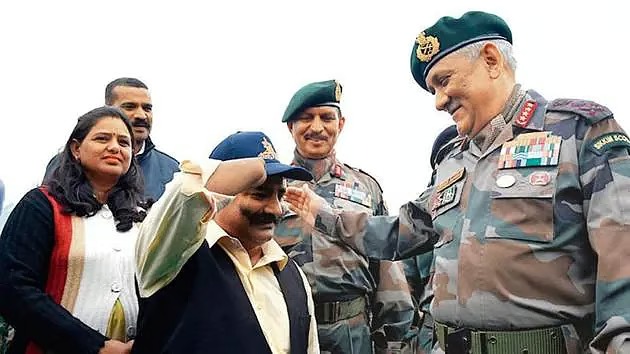Sabyasachi Mukharji, J.@mdashThe question referred to us u/s 256(1) of the income tax Act, 1961, is as follows:
Whether, on the facts and in the circumstances of the case, the Tribunal was correct in holding that the assessee was entitled to the deduction of the provision of gratuity, if ascertained on actuarial principles, in computing the profit and gains of the assessee''s business for the assessment year 1972-73?
The assessment year involved is 1972-73. The assessee made a provision for the payment of gratuity to its employees of Rs. 2,95,494 under the provisions of the West Bengal Payment of Compulsory Gratuity Act, 1971. which came into force during the year under consideration and claimed the same as a deduction as business expenses. The ITO did not accept the assessee''s claim on the ground that the assessee had failed to produce any actuarial computation of its liability for the payment of gratuity. He, however, observed that the assessee''s claim would be reconsidered on the submission of an actuarial certificate.
2. In appeal, the AAC, however, observed that the assessee had not created any fund in respect of the gratuity u/s 36(v) and the assessee''s claim was not allowable. He also observed that the provisions of the West Bengal Payment of Compulsory Gratuity Act did not compel the assessee to make a provision for gratuity. According to him, the liability under the said Act was a contingent one and was not allowable u/s 37(1) of the income tax Act. He, therefore, affirmed the order of the ITO disallowing the assessee''s claim in respect of the provision for gratuity.
3. Aggrieved by the order of the AAC, the assessee came up in appeal before the Tribunal. It was submitted by the learned counsel for the assessee that the West Bengal Payment of Compulsory Gratuity Act, 1971, came into force during the year under consideration. He urged that the liability to pay gratuity arose under the said Act and that the liability was an existing liability and it was not a contingent one and was an allowable expenditure. In support of his contention he placed reliance on the decision of the Bombay High Court in the case of Tata Iron and Steel Co. Ltd. Vs. D.V. Bapat, Income Tax Officer, Companies Circle I(2), Bombay and Another, . He further submitted that the ITO rejected the assessee''s claim on the ground that the assessee did not file any actuarial certificate in respect of the claim of the provision for gratuity. He next submitted that the assessee produced an actuarial certificate showing the gratuity liability at Rs. 2,98,801 ascertained on actuarial principles on the basis of the provisions of the West Bengal Payment of Compulsory Gratuity Act, 1971. He also placed a copy of the actuarial certificate before the Tribunal. The learned departmental representative supported the order of the AAC.
4. The Tribunal considered the submissions of the learned representatives of the parties and held as follows:
The West Bengal Payment of Compulsory Gratuity Act, 1971, came into force during the year under consideration. The provision for payment of gratuity under the Payment of Gratuity Act, 1971, has been held to be an allowable expenditure if ascertained on actuarial principles in the case of Tata Iron and Steel Co. Ltd. Vs. D.V. Bapat, Income Tax Officer, Companies Circle I(2), Bombay and Another, and the liability has been held to be an existing liability. The provisions of the West Bengal Payment of Compulsory Gratuity Act are similar to those of the Payment of Gratuity Act, 1971. On the principles laid down in the case of Tata Iron and Steel Co. Ltd. Vs. D.V. Bapat, Income Tax Officer, Companies Circle I(2), Bombay and Another, the provision for payment of gratuity under the West Bengal Payment of Compulsory Gratuity Act, if ascertained on scientific principles is, therefore, an existing liability and is an allowable expenditure. We may point out that the decision in the case of Tata Iron and Steel Co. Ltd. Vs. D.V. Bapat, Income Tax Officer, Companies Circle I(2), Bombay and Another, has been followed by the hon''ble High Court at Calcutta in the case of Budge Budge Amalgamated Mills Ltd. in Civil Rule No. 5552(W) of 1975. The assessee, therefore, is entitled to the deduction of the provision of gratuity if ascertained on actuarial principles. Even the ITO observed that the assessee''s claim would be reconsidered on the submission of an actuarial certificate. The assessee submitted such a certificate before the AAC and also placed a copy of that certificate before us. The certificate of the actuary requires verification. We, therefore, send the matter back to the ITO to allow the assessee''s claim to the extent it is supported by the actuarial certificate after his verification.
In view of the decision of this court in the case of Commissioner of Income Tax (Central-I) Vs. Eastern Spinning Mills Ltd., , we are of the opinion that the Tribunal arrived at the correct conclusion. Learned advocate for the Revenue sought to distinguish this case and relied on the subsequent decision of this court in the case of Peoples Engineering and Motor Works Ltd. Vs. Commissioner of Income Tax, , where this court applied section 40A(7) of the income tax Act in respect of the year subsequent to the year in which the provision came into effect. That decision in the case of People Engineering & Motor Works Ltd. was concerned with the assessment year 1973-74 as mentioned hereinbefore. The present assessment year is the assessment year 1972-73 and the West Bengal Payment of Compulsory Gratuity Act came into operation during the said assessment year, that is to say, 1972-73. We have discussed the effect of the coming into operation of a statutory liability created under the said Act in the decision of Commissioner of Income Tax (Central-I) Vs. Eastern Spinning Mills Ltd., . If those principles are attracted, as we find in the facts and circumstances of this case, then the Tribunal was right in the conclusion it arrived at. The question, therefore, must be answered in the affirmative and in favour of the assessee. As the assessee is not appearing, there will be no order as to costs.
Sudhindra Mohan Guha, J.
I agree.

